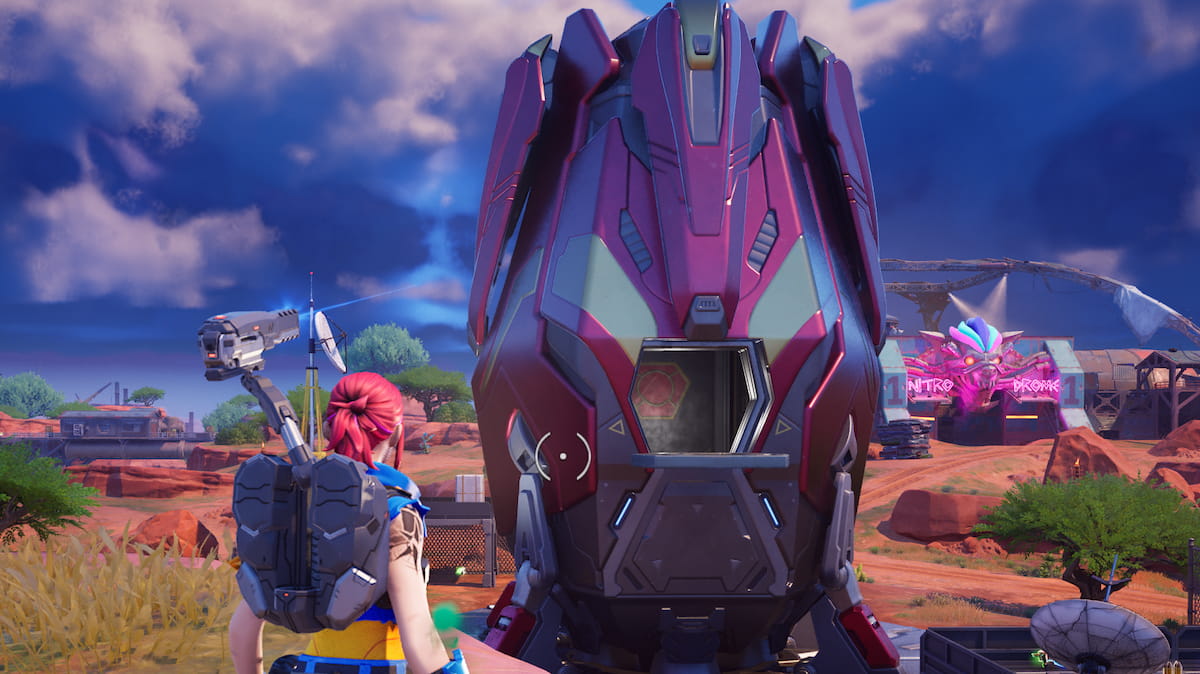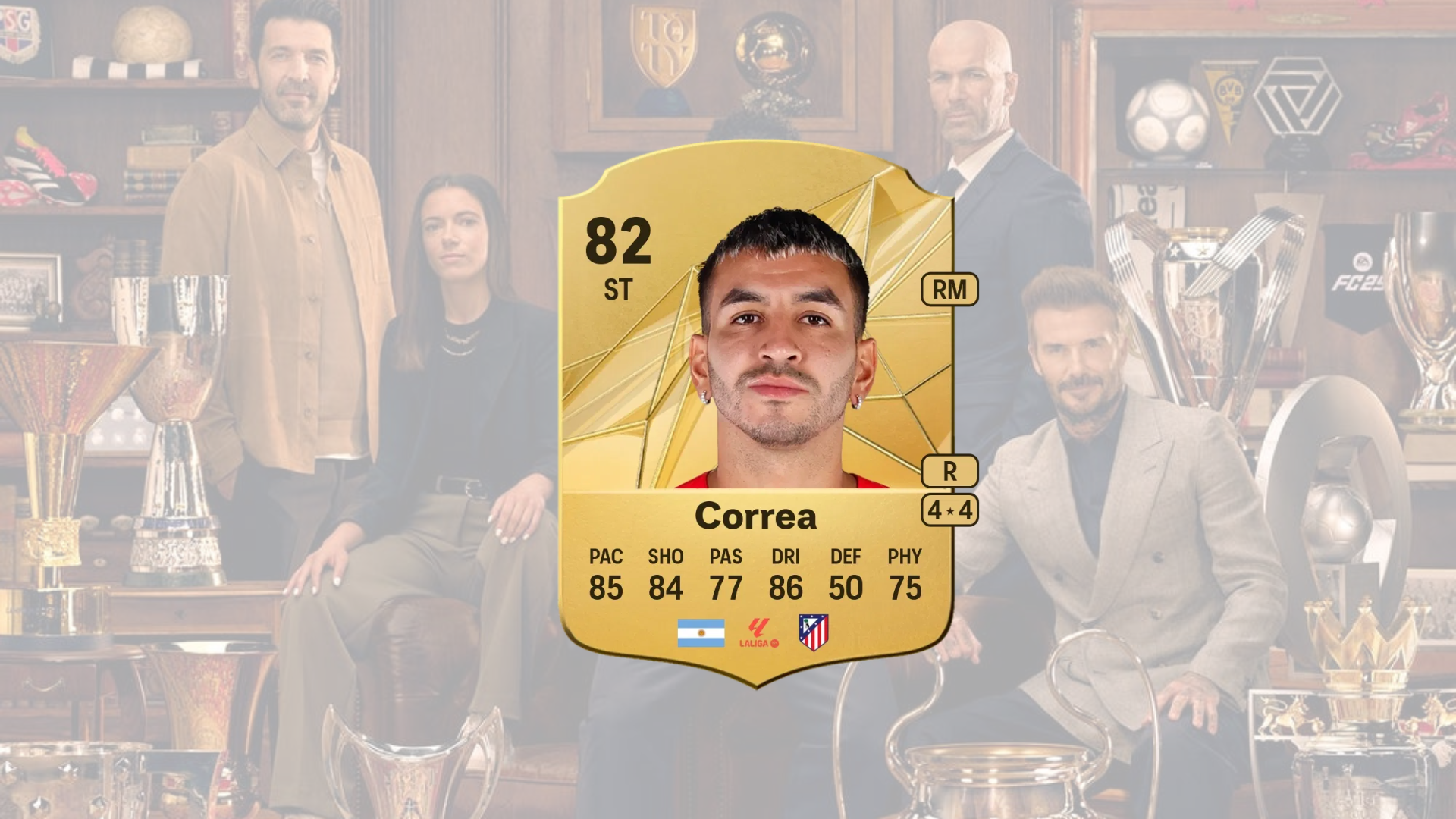Published on Sep 16, 2024 at 9:00 AM
:upscale()/2024/09/13/904/n/49351773/tmp_1uvwX1_d4fed5bae37e9fc1_Main_PS24_09_Identity_AmericanName_1456x970.jpg) Getty | Photo Illustration: Keila GonzalezGetty | Photo Illustration: Keila Gonzalez
Getty | Photo Illustration: Keila GonzalezGetty | Photo Illustration: Keila GonzalezI didn't know my name was Cindy until the first day of kindergarten.
The teacher was doing roll call and kept shouting, "Cindy Rodriguez, Cindy Rodriguez," and I remember wondering, "Who in the world is missing their first day of school?" Then the teacher approached me and asked, "You must be Cindy Rodriguez, right?" I told her, "No, I'm Yulissa Rodriguez." A few hours later, they had to call my mom, who had to update my paperwork and said to me, "By the way, your first name is Cindy." You would think I wouldn't be as confused as I was since, in my Peruvian family, middle names were often used instead of first names. The only truth I could grasp at that moment was that at school, I needed to go by my first name Cindy, and at home, I was Yulissa.
What I was experiencing at the time but didn't have a name for was generational code-switching, a practice passed down that required those to navigate between different cultural identities while adhering to the dominant one. Code-switching is one of the strategies that fall under assimilation, mainly linguistics, that's done unconsciously or consciously. We learn to adopt another "voice" as a means of survival, even if it's just to fit in.
This linguistic phenomenon manifests in various ways within immigrant families. It can be a name change like mine or extend to parents having a specific "work voice," which then gets passed down.
I first learned about code-switching in my early 20s whenever I had to call customer service. I realized my voice had to shift to my "white voice" in order to be taken seriously. This awareness deepened when I had to advocate for my parents in conversations with Medicare or other government-related services.
At first, I viewed code-switching as a life skill — a sign that my college education had taught me how to communicate effectively. However, as I grew to understand its impact on my self-esteem and my place as a marginalized woman of color, I began to resent the necessity of this skill. Why did I have to speak like someone else to get things done? Why wasn't my authentic voice enough?
Code-switching has deep historical roots, too. Indigenous people were forced to adopt the language and cultural practices of their colonizers. This country's history is rooted in name alteration, reinforcing the idea that assimilation is necessary for acceptance and success. I can't blame my fellow immigrant families for feeling pressured to modify their customs, speech, and behavior. Conformity equaled professional advancement.
When I use Yulissa, I feel more connected to my family and Peruvian roots.
My American name, Cindy, never hid the fact that I was a person of color in this country. It wasn't until decades later that my mom revealed the reason she named me Cindy. She didn't want teachers to butcher my name or for me to be bullied for having a "different" name. I know that at the core of her decision was love, but fear was also intertwined. I often wonder how many people's names would change if we didn't have to consider how others would perceive us.
Growing up, my heart would break a little bit when I heard white teachers butcher another child's name only to finish it off with something along the lines of, "Can I just call you bla bla bla, because your name is too difficult to say?" Sometimes I still cannot believe what I've witnessed. Because, in essence, what is being communicated is, "I would rather change your name to fit my needs, your name is not palatable, and, ah, yes, you and your culture don't matter." People who teach you should learn how to say your name properly, period. It's those moments that my mom was trying to avoid, and in some ways, even now, I'm grateful for her reasoning.
While I may have avoided my name being butchered, I was dealing with other challenges as I navigated between my dual identities, Cindy and Yulissa, which always left me feeling divided. It felt like I had an "American" personality that excelled in school and never faced mispronunciation of her name. Then, there was Yulissa, who spoke only Spanish at home and was known by her parents, siblings, and cousins as Yuli and Jules. Yulissa was as flowery as her name sounded, but Cindy meant business, education, and professionalism.
My first name, Cindy, was so unknown to my family that once a friend called me at my father's house and asked for Cindy, and my aunt hung up the phone, insisting no such person lived there. When I told her my first name was Cindy, she was shocked, "Cindy? Desde cuando?"
Reclaiming my name has been a significant part of reclaiming my identity, from daily interactions to my self-esteem, back to cultural pride, to self-expression, and even boundaries.
Embracing my full name has changed how I interact with others. For example, if I use Yulissa instead of Cindy, it often leads to initial mispronunciations, but I now take the time to correct people. Before, I would avoid the situation altogether. I no longer feel the need to conform.
When I use Yulissa, I feel more connected to my family and Peruvian roots, and using it publicly has strengthened my self-esteem. I no longer feel like I'm hiding a part of who I am. I've also asked people outside of my family to call me Yulissa. After decades of navigating both names, I finally feel like I am at peace with both and how they inform my identity and sense of self.
We should be able to name ourselves as we please and speak in both (or many) languages freely. We must stop adjusting our identities to fit the perceptions of others. We no longer need to mask our true selves to feel worthy or professional. Let's adjust our crowns, not our names.
Cindy Y. Rodriguez has spent 17-plus years crafting powerful stories. One of her proudest achievements is hosting and producing the Webby-honored and Emmy-nominated five-part docuseries "Hay Dinero," which offers practical financial planning tips for the Latinx community and highlights the deep connection between culture and generational trauma. Cindy's commitment to creating diverse and impactful content shines through in her work, especially when addressing topics like identity, culture, and race. Her work includes co-launching Vivala as well as HuffPost's Latino Voices, and cofounding the award-nominated feminist podcast "Morado Lens," which has conversations spanning sex, culture, and spirituality.

 2 days ago
5
2 days ago
5




/cdn.vox-cdn.com/uploads/chorus_asset/file/25242409/20230608_Palworld_Screenshot_02.png)



 English (US) ·
English (US) ·